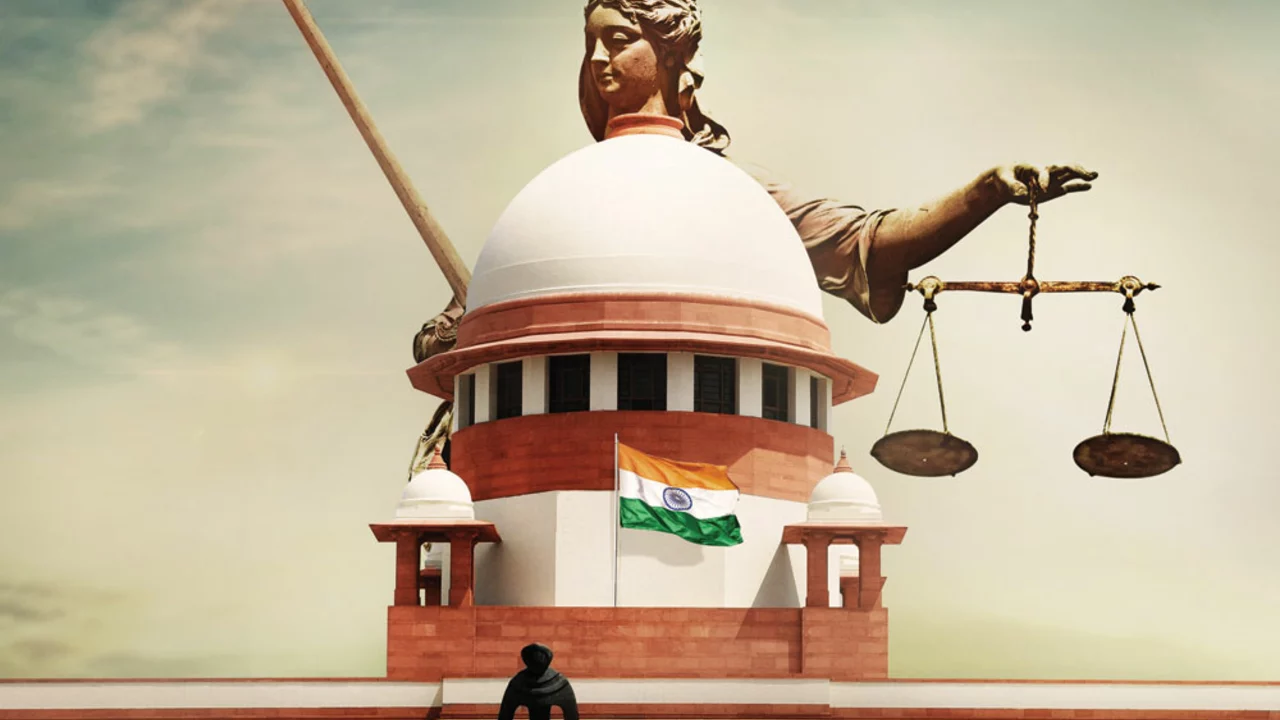Understanding the Supreme Court of India
In my journey to understand the responsibilities of the Supreme Court of India, I have come to appreciate the crucial role this institution plays within the country's democratic framework. As the highest court in the land, it has the final say on matters of law and constitutionality, serving as the ultimate guardian of the country's Constitution.
India's Supreme Court was established on January 26, 1950, following the adoption of the Constitution. The court's primary function is to uphold, interpret, and protect the Constitution, ensuring that the principles of justice, liberty, and equality for all citizens are preserved. But what are the specific responsibilities of the Supreme Court? Let's delve deeper.
Interpreting and Defending the Constitution
First and foremost, the Supreme Court of India is tasked with interpreting and defending the Constitution. It's the court's duty to interpret the Constitution's provisions and decide on their applicability in various circumstances. This responsibility is crucial as it provides clarity and direction for the functioning of the state and central governments.
In case of any dispute regarding the interpretation of the Constitution, it's the Supreme Court that has the final say. This power is critical in ensuring that the Constitution, which is the backbone of our democracy, is protected and upheld at all times.
Adjudicating Disputes Between States and the Centre
Another critical responsibility of the Supreme Court is to adjudicate disputes between states or between the centre and states. This role is especially crucial in a federal structure like India, where power is divided between the central government and the states.
When conflicts arise over issues such as resource allocation, jurisdiction, or legislative powers, it's the Supreme Court that steps in to resolve the matter. In doing so, the court plays a vital role in maintaining harmony and balance within the country's federal structure.
Protection of Fundamental Rights
The Supreme Court is also the defender of the fundamental rights of the citizens. These rights, enshrined in the Constitution, include the right to equality, freedom of speech and expression, and protection against discrimination, among others.
If these rights are violated, a citizen can directly approach the Supreme Court for justice. This function underscores the court's critical role in safeguarding individual liberties and promoting social justice.
Reviewing Laws and Legislation
One of the critical responsibilities of the Supreme Court is to review and scrutinize laws and legislation passed by Parliament. The court has the power to declare a law unconstitutional if it violates or contradicts the principles of the Constitution.
This power of judicial review is a significant check on the legislative and executive branches of government, ensuring that they don't overstep their constitutional mandate. It reaffirms the supremacy of the Constitution and aids in preserving the democratic fabric of the country.
Providing Legal Guidance
Last but not least, the Supreme Court provides legal guidance to lower courts and helps in the development of law through its judgments. The decisions of the Supreme Court are binding on all lower courts, which ensures consistency and uniformity in the interpretation and application of law throughout the country.
By shaping legal principles and setting legal precedents, the Supreme Court contributes significantly to the evolution and development of law and legal theory in India.
In conclusion, the Supreme Court of India shoulders a gargantuan responsibility in safeguarding the Constitution, protecting individual rights, and maintaining the rule of law. Its role is fundamental in preserving the democratic ethos of the country and upholding justice and equality for all.

